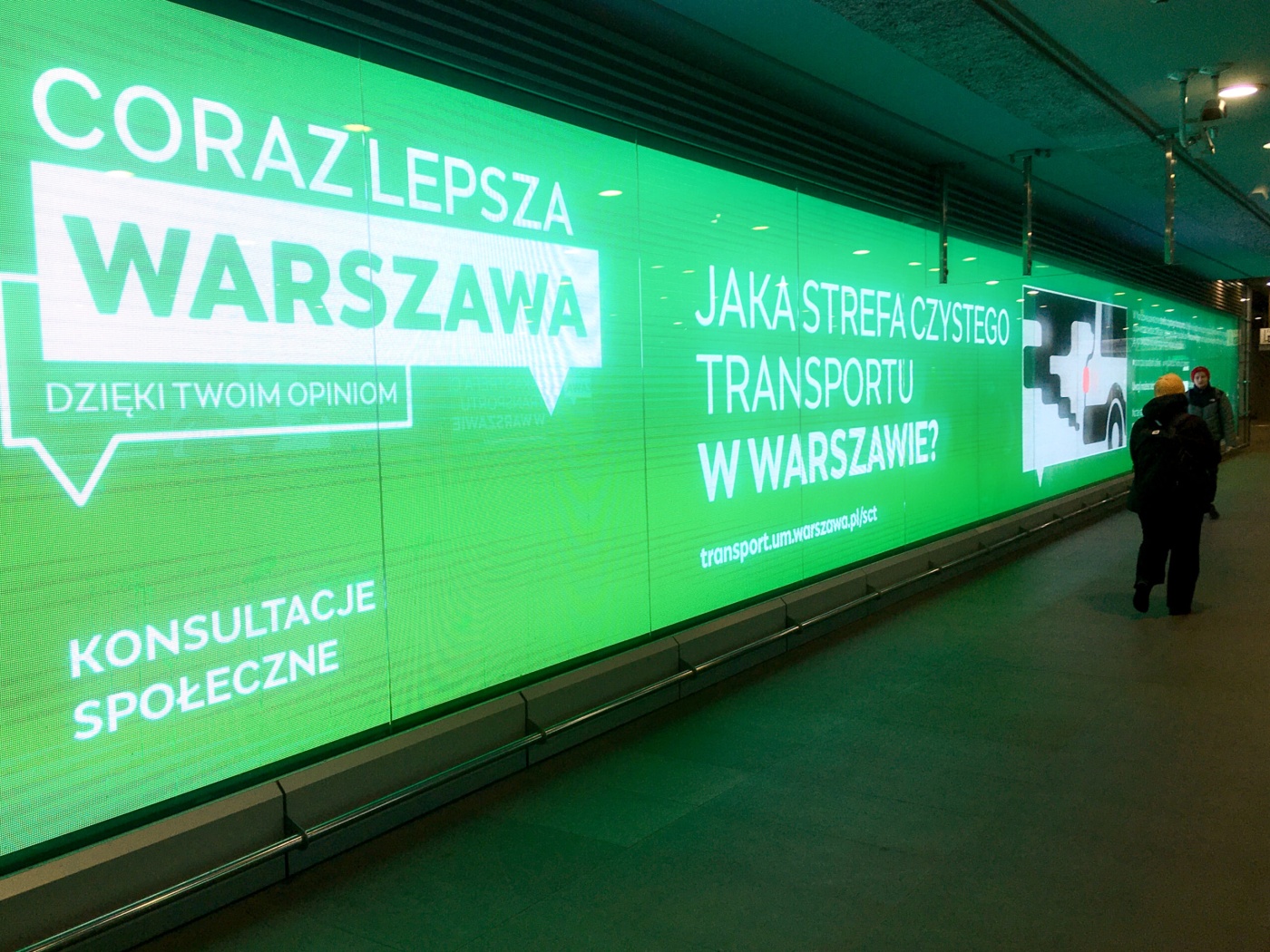This website uses cookies so that we can provide you with the best user experience possible. Cookie information is stored in your browser and performs functions such as recognising you when you return to our website and helping our team to understand which sections of the website you find most interesting and useful.
Social communication has to be a proper dialogue – “Laboratory of Low Emission Zones” workshop

The introduction of a LEZ may be met with social resistance and cause controversy, largely due to the fact that residents do not have full knowledge about the scale of air pollution in their cities and its impacts. Therefore, it is necessary to start with informing and educating the public – enabling a dialogue with all interested parties, in which everyone is equally well-informed, while social consultations should be the final step of the process – these are the most important conclusions from the “Laboratory of Low Emission Zones” workshop on social communication.
The aim of the workshop with the participation of representatives of the Metropolis GZM and local governments of Silesian cities was to draw attention to the role of social communication in the implementation of difficult and controversial projects – such as the introduction of Low Emission Zones. LEZs cause a lot of heated responses. as many people are not fully aware of what they are, how they work and the dangers they prevent. However, as the workshop leaders emphasized, according to sociologists and anthropologists, a natural human reaction in the face of the unknown is fear and therefore rejection – in this case, of a new solution. Local government officials learned how to avoid such a scenario when introducing Low Emission Zones, how to conduct dialogue with the local community and why it is such a key issue, how to elaborate communication strategies, and how to reach various audiences when talking about Low Emission Zones.
Increasing social acceptance for Low Emission Zones should result from thoroughly planned communication, which must take place on the basis of dialogue – that is, a conversation between equal partners. This is possible only if both parties have the same level of knowledge – which is why it should be based on a reliable information campaign. It should be as effective as possible, leading to a situation in which knowledge about air pollution and its effects, as well as the LEZ itself, will reach residents – regardless of their age, education, transport habits, income, etc.
Therefore, dialogue cannot start with public consultations – these should be the culmination of the whole process. The information and education campaign can be compared to the academic year, with the consultations as the final exam. It can only be passed after exhaustive preparations. The key thing, however, is to remember that the purpose of consultations (which, in the case of LEZs are a legal requirement) is not just to conduct them, but to do so effectively – to develop solutions accepted by the local community.
(photo: own materials)
